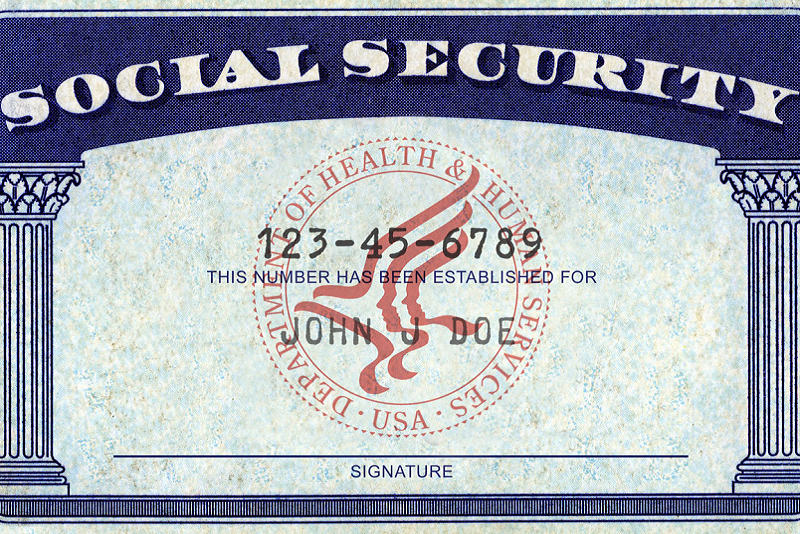BROWSE BY TOPIC
- Bad Brokers
- Compliance Concepts
- Investor Protection
- Investments - Unsuitable
- Investments - Strategies
- Investments - Private
- Features/Scandals
- Companies
- Technology/Internet
- Rules & Regulations
- Crimes
- Investments
- Bad Advisors
- Boiler Rooms
- Hirings/Transitions
- Terminations/Cost Cutting
- Regulators
- Wall Street News
- General News
- Donald Trump & Co.
- Lawsuits/Arbitrations
- Regulatory Sanctions
- Big Banks
- People
TRENDING TAGS
Stories of Interest
- Sarah ten Siethoff is New Associate Director of SEC Investment Management Rulemaking Office
- Catherine Keating Appointed CEO of BNY Mellon Wealth Management
- Credit Suisse to Pay $47Mn to Resolve DOJ Asia Probe
- SEC Chair Clayton Goes 'Hat in Hand' Before Congress on 2019 Budget Request
- SEC's Opening Remarks to the Elder Justice Coordinating Council
- Massachusetts Jury Convicts CA Attorney of Securities Fraud
- Deutsche Bank Says 3 Senior Investment Bankers to Leave Firm
- World’s Biggest Hedge Fund Reportedly ‘Bearish On Financial Assets’
- SEC Fines Constant Contact, Popular Email Marketer, for Overstating Subscriber Numbers
- SocGen Agrees to Pay $1.3 Billion to End Libya, Libor Probes
- Cryptocurrency Exchange Bitfinex Briefly Halts Trading After Cyber Attack
- SEC Names Valerie Szczepanik Senior Advisor for Digital Assets and Innovation
- SEC Modernizes Delivery of Fund Reports, Seeks Public Feedback on Improving Fund Disclosure
- NYSE Says SEC Plan to Limit Exchange Rebates Would Hurt Investors
- Deutsche Bank faces another challenge with Fed stress test
- Former JPMorgan Broker Files racial discrimination suit against company
- $3.3Mn Winning Bid for Lunch with Warren Buffett
- Julie Erhardt is SEC's New Acting Chief Risk Officer
- Chyhe Becker is SEC's New Acting Chief Economist, Acting Director of Economic and Risk Analysis Division
- Getting a Handle on Virtual Currencies - FINRA
ABOUT FINANCIALISH
We seek to provide information, insights and direction that may enable the Financial Community to effectively and efficiently operate in a regulatory risk-free environment by curating content from all over the web.
Stay Informed with the latest fanancialish news.
SUBSCRIBE FOR
NEWSLETTERS & ALERTS
Get Ready to Pay $500 More in Taxes
An automatic change in a Social Security rule may sting in 2017.
It’s tax time again, and President-elect Donald Trump and his fellow Republicans in Congress have promised to slash them - especially for corporations and the rich. For millions of Americans, however, a tax increase will be the first thing they see.
About 12 million workers will pay more this year because of an automatic adjustment in their payroll taxes. Unlike previous years, this rise in the Social Security “taxable minimum” - the amount of income subject to tax - is a whopping 7.3%, the most in 34 years. That could cost each affected worker as much as $539, and much more if they’re self-employed.
WHAT’S CHANGING THIS YEAR? Workers at the top of the income spectrum pay Social Security payroll taxes only on a portion of their wages. For the past 2 years, only the first $118,500 of earnings was subject to the 6.2% tax. In 2017, this taxable minimum jumps to $127,200.
HOW MUCH COULD THIS COST ME? If you make less than $118,500, you won’t notice a difference. If you earn more, an extra $8,700 could now be subject to the 6.2% Social Security payroll tax, costing you as much as $539 more by the end of the year. Employers, who pay their own 6.2 percent tax on payrolls, will see costs rise, too - self-employed workers could see their Social Security tax burden jump to more than $1,000. As always, however, they’re able to deduct the employer portion on their income tax returns.
About $11.6 billion in new tax revenue could come from the change in 2017, the Social Security Administration estimates.
WHY SUCH A BIG INCREASE? While the Social Security taxable minimum is adjusted annually based on the National Average Wage Index - which was up 3.5% in 2015 (5X greater than inflation) - the real reason for this sudden, steep hike is simply that the government is making up for lost time. The 2017 hike is essentially 2 years of wage gains packed into one, and the wage index rose 3.6% in 2014





